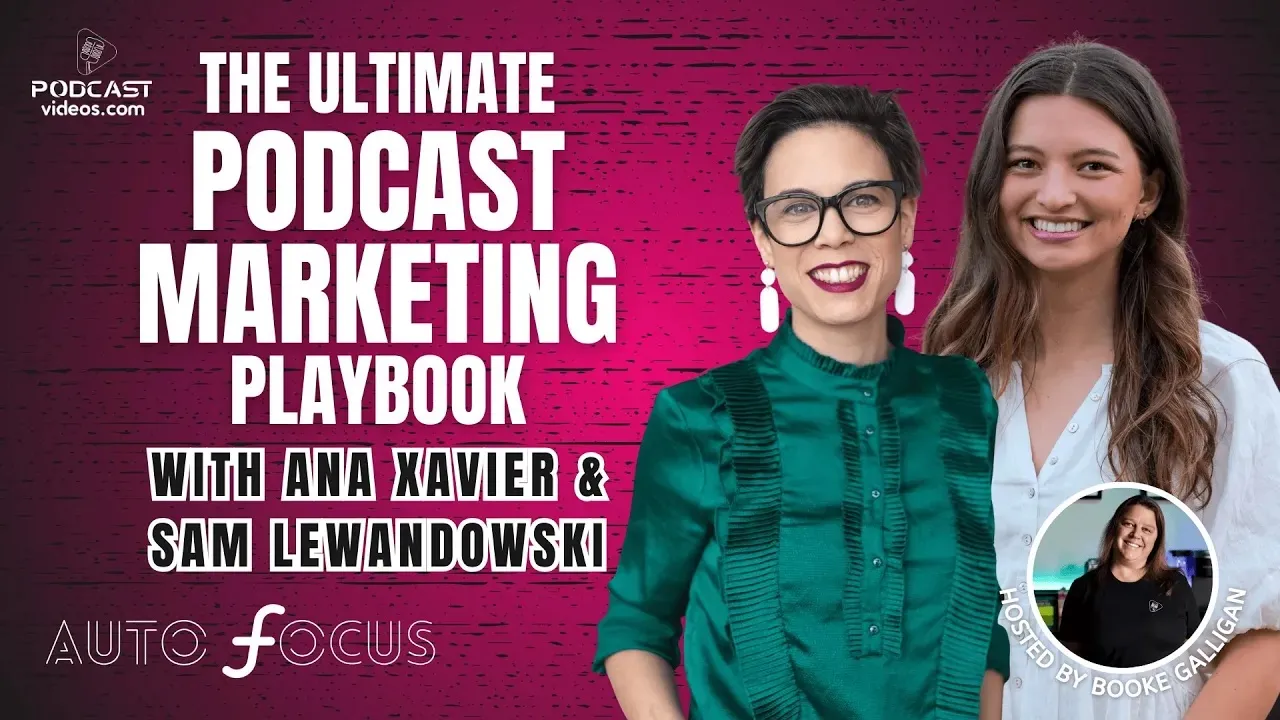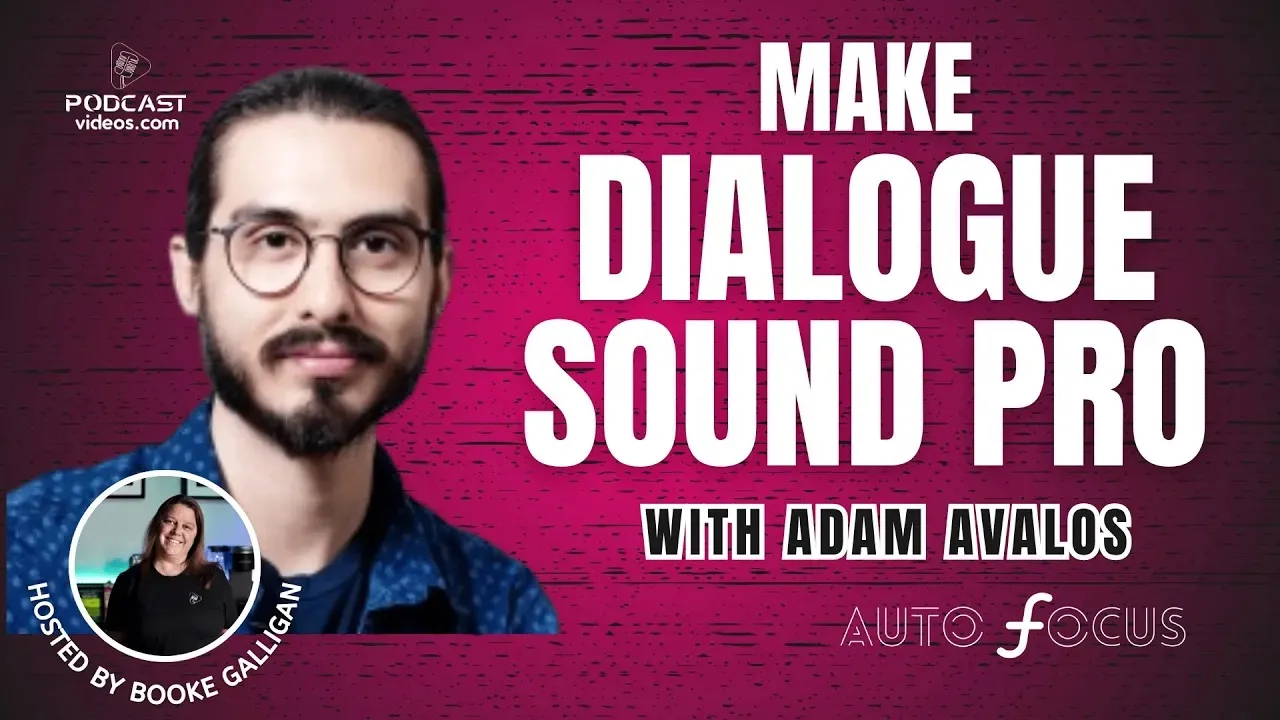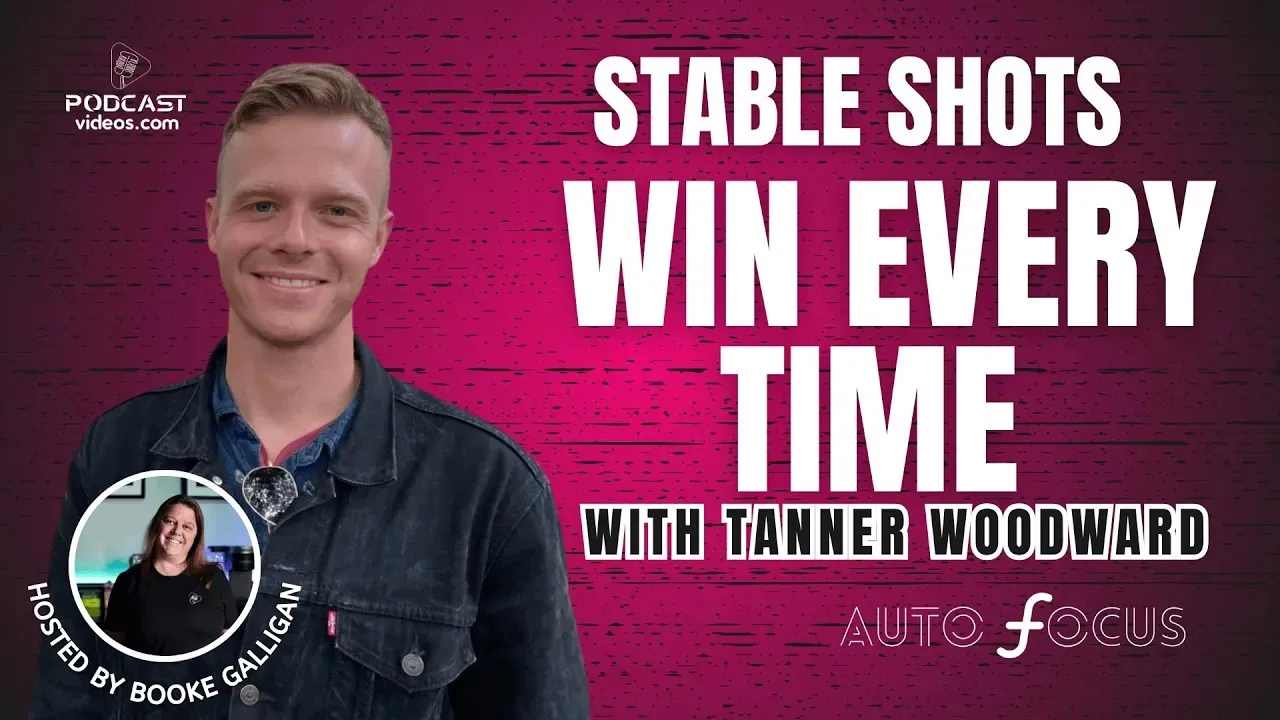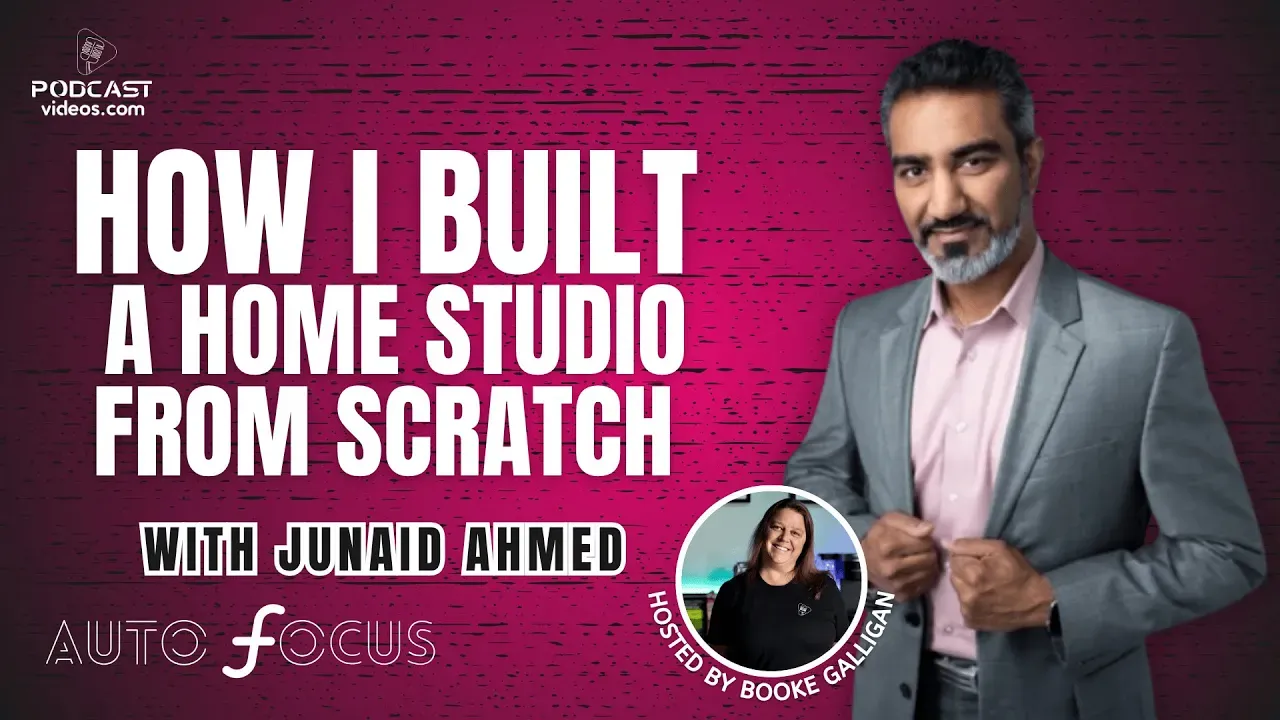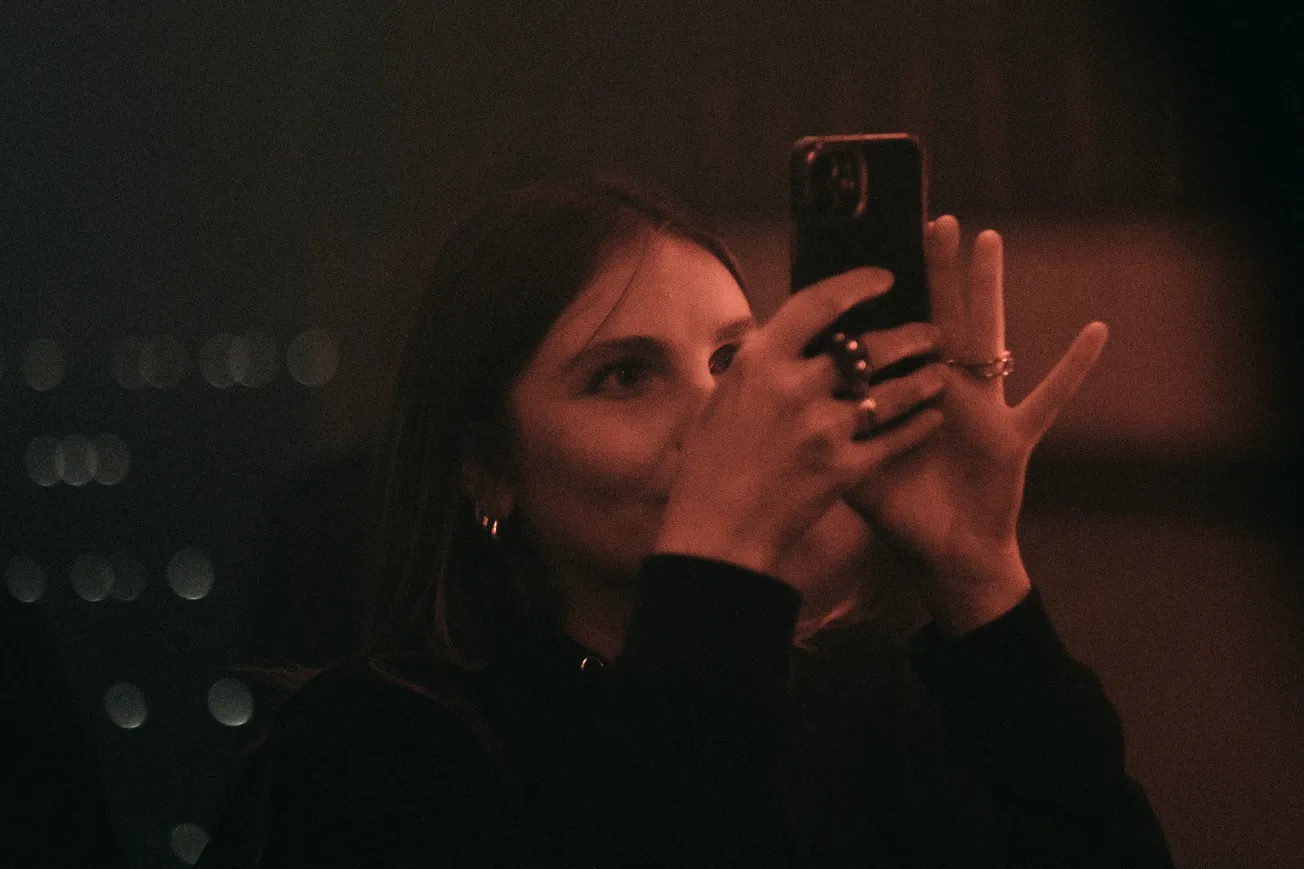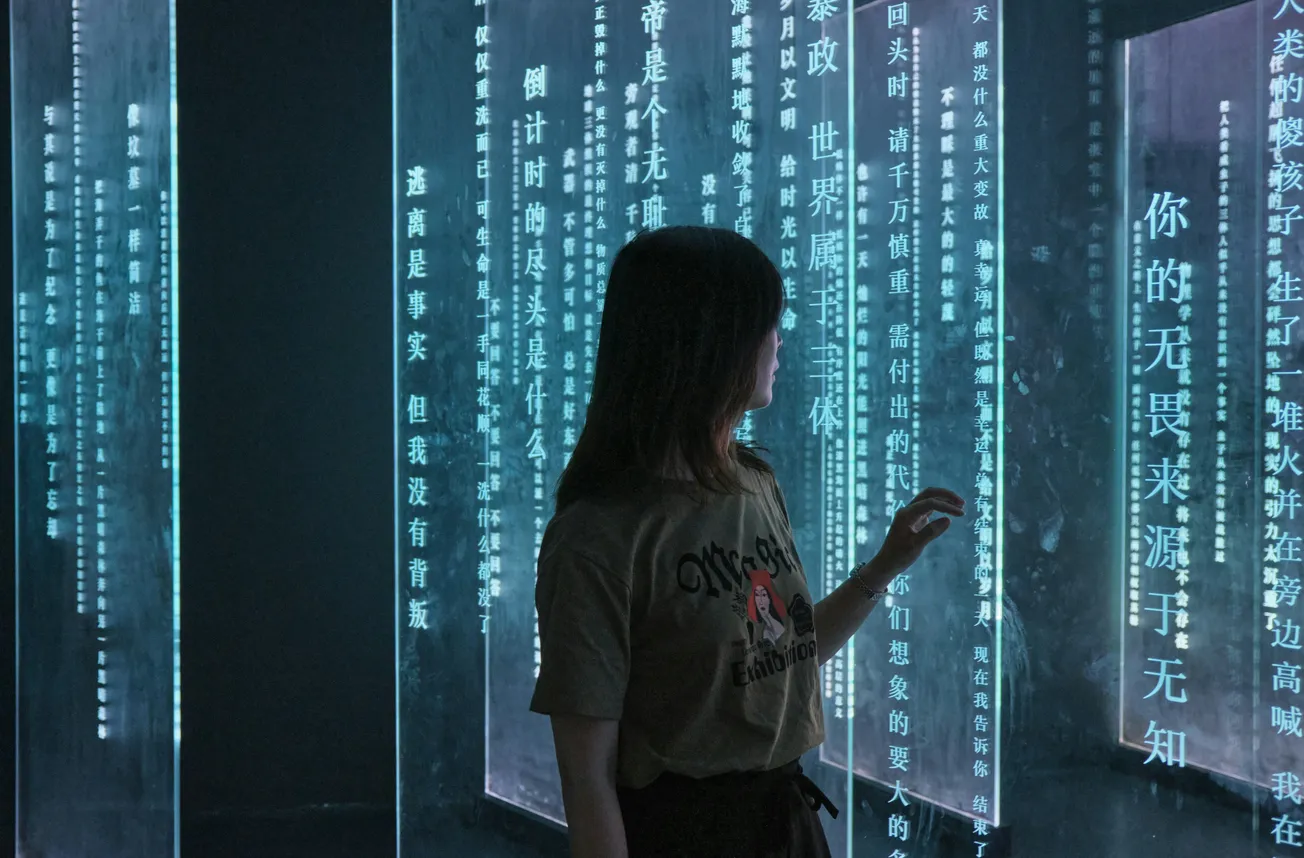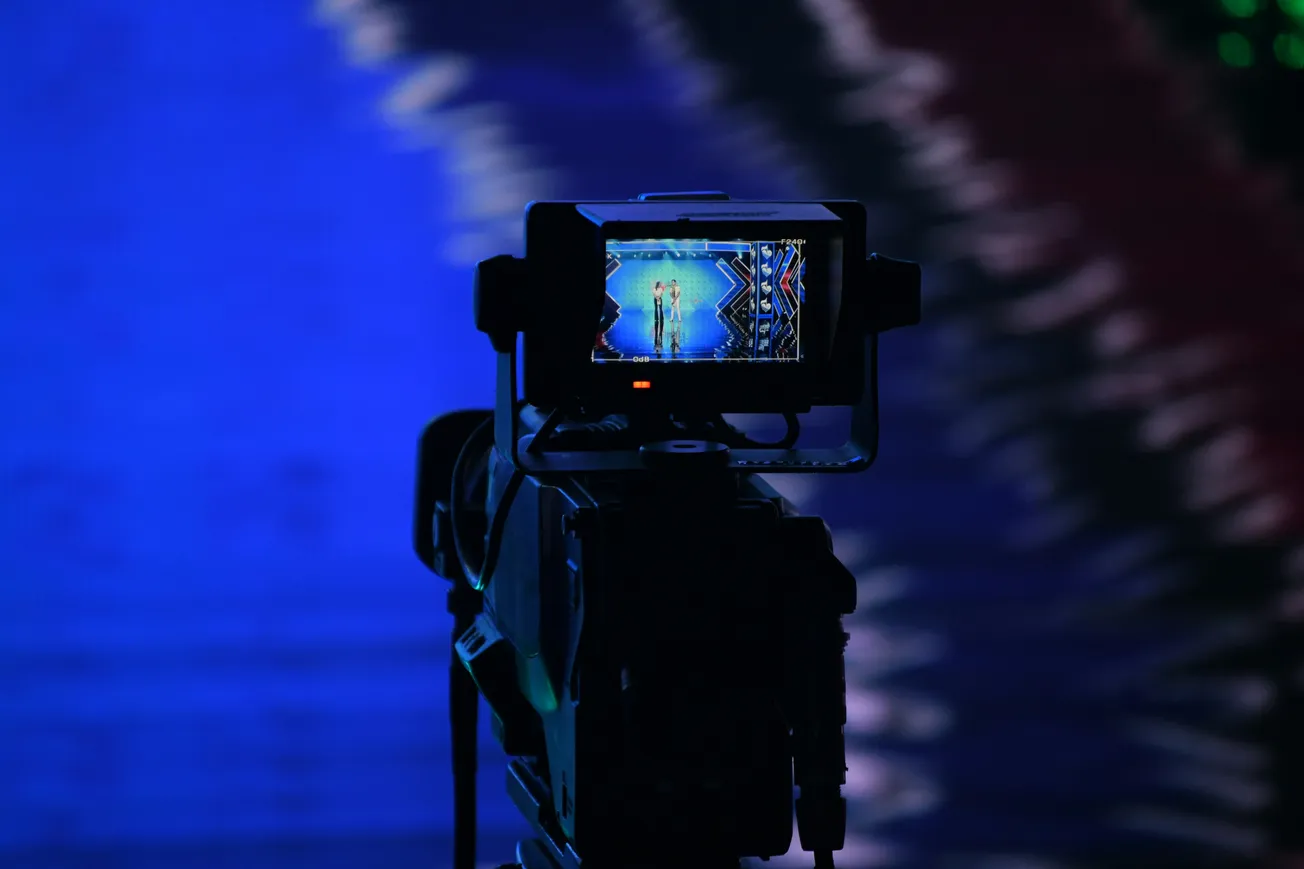Courtroom drama looks glamorous on TV, but the real pressure often sits behind the lens. We sit down with David, a cinematographer who traded background roles and commercial shoots for a surprising specialty: filming legal depositions where you can’t fix it in post and every second counts. He unpacks the rules of this world—timestamps, chain-of-custody mindset, neutral framing, and flawless audio—and explains why a job with zero edits can sharpen your technical instincts more than any high-gloss brand gig.
David takes us through his winding path from Texas music dreams to Atlanta sets, into Full Sail’s digital cinematography program, and finally toward a business built on reliable workflows. He shares the gear that matters for admissible video—backup cameras, wired lavaliers, UPS power, and portable LEDs—and the software side that keeps hybrid sessions smooth, including OBS for time-and-date burn-ins and Zoom distribution. We talk file sizes, codecs, and why 1080p and small bitrates are your friend when a testimony runs for hours. We also get real about etiquette: arrive early, dress for court-adjacent work, announce off-the-record moments, and deliver through secure, encrypted portals with clear retention policies.
There’s room for creativity too. David’s developing Dino Puppin’, a kids’ education series blending animation with live action to support pre-K through early grades—an idea shaped by time in the classroom and a love for engaging, movement-based learning. That balance between procedural precision and playful storytelling shows how a filmmaker can thrive across very different demands. For newcomers, David’s advice is simple and strong: start where you are, plan your shots, master sound, respect pacing, and finish projects. Upgrades come later; skill comes from doing.
If this conversation sparked ideas or gave you a new path into filmmaking, follow the show, share it with a friend, and leave a quick review. Your feedback helps more creators find the guidance they need.
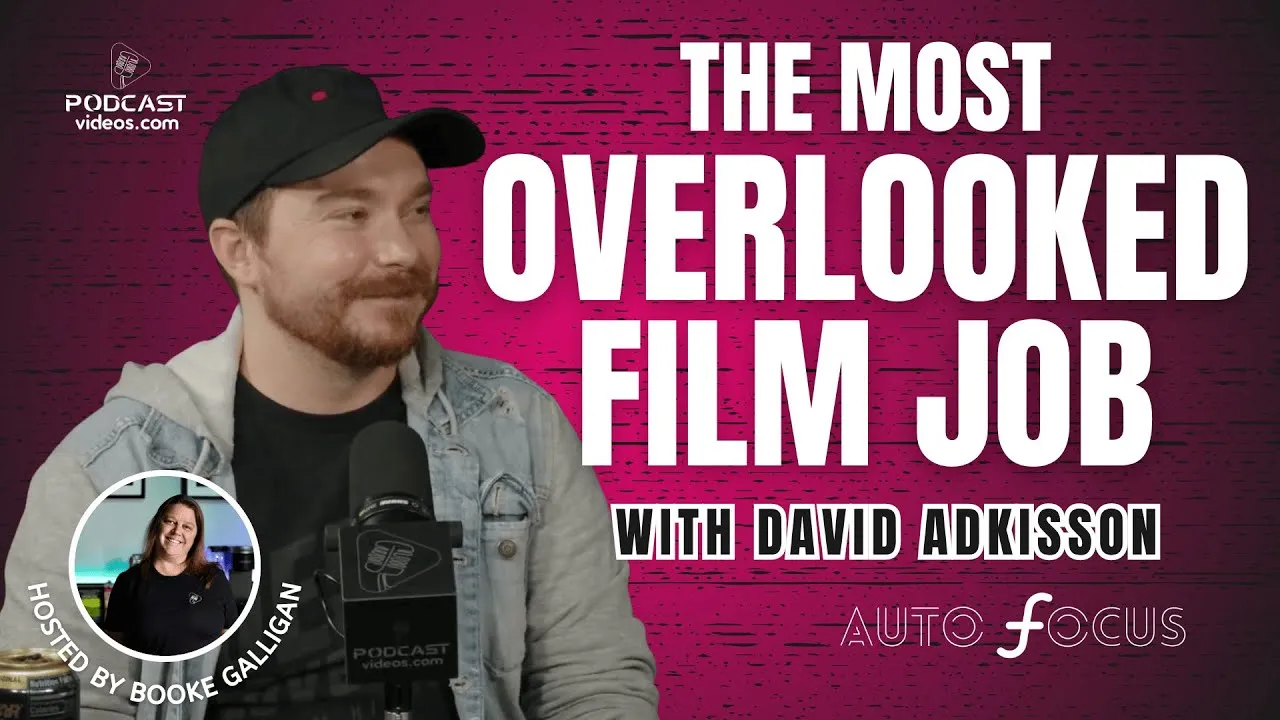
How A Cinematographer Built A Business Filming Court-Testimony
Cinematographer David shares how filming legal depositions sharpens real world skill through precise audio neutral framing and reliable workflows. Learn the gear habits and mindset that build a strong film career while balancing creative projects with craft.


